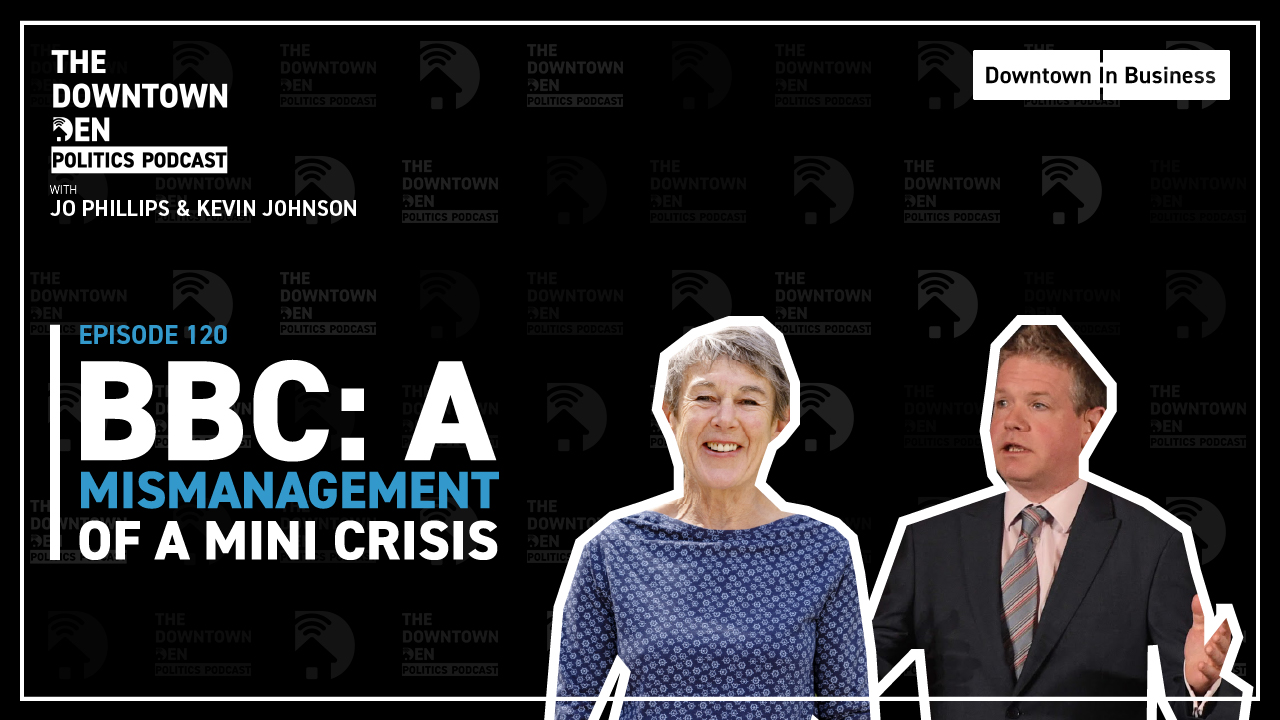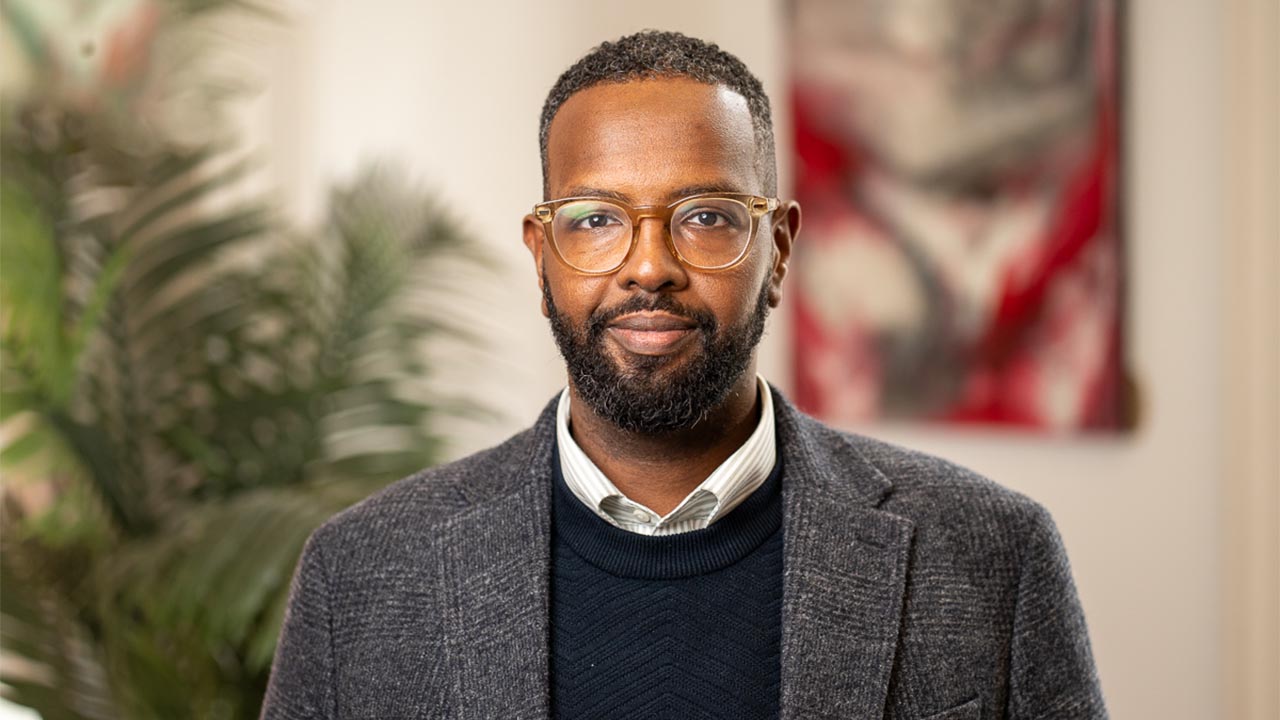An outbreak in altruism and British spirit….difficult times and difficult conversations ahead
When an unusually sombre Prime Minister Boris clutched his lectern almost 3 weeks ago and stared directly down the camera lens at a Downing Street press conference to outline his action plan for tackling Covid-19 declaring that “more families are going to lose more loved ones before their time” it was a game-changer.
Covid-19 or Coronavirus, the now global pandemic, that’s “the worst in a generation” has mobilised us all into action. We are protecting our elderly and the most vulnerable, to contain its spread, so that the NHS can cope with the unprecedented and unexpected demand on life-saving resources. Cruises are off the menu, ‘schools are out’ indefinitely, and we’re now in “lockdown” the situation, unparalleled in modern times.
The government’s original and sobering prediction that up to 250,000 lives could be lost to COVID-19 if more draconian measures weren’t taken over the ensuing weeks, has strained supermarket supply-chains, and warranted that we all “stay at home: save lives and protect the NHS” and the focus now really is on preparedness for what lies ahead.
Turning to families specifically, many are now having difficult conversations, and perhaps the most difficult of these is what if the worst happens? Am I, are we prepared? Understandably with many of us now calling our own mortality into question, COVID-19 is focusing all of our minds, and it’s prudent to prepare for the future, with many doing so already.
The importance of having difficult conversations for couples – unmarried, married & civil-partnered
Perhaps one of the most important conversations you can have with your partner currently is what happens if one of you passes away? Can you be sure that your wishes are protected and your partner is cared for?
It’s especially significant if you aren’t married, as there are many misconceptions around cohabitation. The notion of common law marriage is a myth. If you pass away without a will, your partner will receive nothing under the laws of intestacy.
Compare this to married/civil-partnered couples. If a spouse passes away intestate, the surviving spouse is entitled to the first £270,000 and half of the remaining estate, plus household goods. The other half will be shared amongst the deceased’s children, in what is known as ‘the statutory trusts’ until they are 18. Having a will in place is the only way to protect against intestacy.
Family disputes and estates
If you end up facing disputes within the family over your partner’s estate, ultimately you could end up in court trying to bring a claim against the estate and you would have to prove that you were financially dependent on your partner. You may not be able to bring such a claim if you have lived together for more than two years. This is very complicated to do, and makes an already turbulent time immeasurably more difficult. In cases like this, effectively the surviving spouse is bringing a claim against their own children. As it is the children who would inherit on intestacy.
What if you already have a will in place?
Make sure it’s watertight. Recent research suggests that 55% of the adult population don’t have a valid will in place. I’d imagine that out of the 45% who do have a will, most will not have reviewed it in the last three years. It’s important that it’s updated any time there’s a significant change in your personal circumstances, such as divorce or separation. What people don’t realise is that if they don’t have a will they have no choice in who inherits their estate. The process is relatively straightforward. Seek proper legal advice from a qualified solicitor who will guide you through the process and present you with all available options, to ensure that your individual needs are met, and that you, your partner and your family are protected.
Peace of mind via a Personal Risk Conversation
In an effort to bring peace of mind during these uncertain times, watch this video inviting you to have a free 30 minute personal risk conversation with BLM’s wills and estate planning team, to help you assess if what you currently have in place is suited to your personal circumstances. You can contact [email protected] to book yours now.









